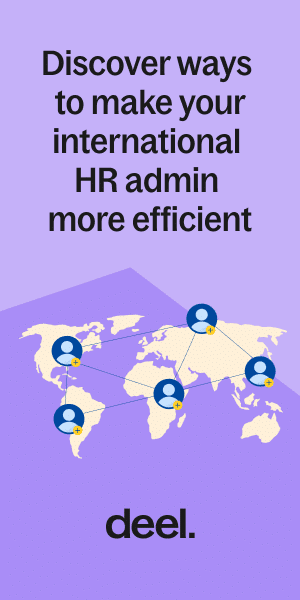TUC should be lobbying for statutory compliance
According to HIVE360, the recent blanket on umbrella companies will escalate the current war on talent and worker shortages, put pressure on pay rates and penalise both good and bad operators. The government’s call for evidence invites views from stakeholders on the role that umbrella companies play in the labour market, and how they interact with the tax and employment rights systems. It sets out the concerns that have been raised by some stakeholders, as well as government action already taken to tackle tax non-compliance and improve protection for workers, and closes on 22 February 2022.
David McCormack, CEO of HIVE360 has stated that the government’s current call for evidence on the umbrella company market – recruitment companies in particular – are already reeling from the effects of Brexit and the pandemic and the consultation’s timing could not be worse.
McCormack said: “A ban would penalise legitimate transient workers. It would put immense pressure on pay rates for umbrella workers, who struggle to understand the implications and will seek their current rate of pay as a PAYE rate, meaning higher pay rates that many companies simply can’t afford at this time. For the recruitment sector, this would mean vastly increased processing costs – which their clients would understandably be unwilling and unlikely to pay to cover the higher labour costs.”
McCormack, who has first-hand experience of the various payroll models used today and was the head of his own umbrella business before setting up HIVE360, believes that there is widespread misunderstanding of all umbrella companies, and people are tarnishing all umbrella businesses with the same brush. Commenting further, David said:
“The proposed total ban on the use of umbrella companies, would be a sledgehammer to crack a nut. Rarely does a blanket approach address the real issues, and an all-out ban on umbrella companies would be no exception. The TUC doesn’t appear to understand the roll of umbrella companies, or that there are multiple types. Rather than lobbying government for a total ban on their use, the TUC should be lobbying for statutory compliance and an independent statutory body that administers and polices clear rules and consequences, and which governs the industry in an effective, consistent and unbiased way.”
He added in a statement: “Companies have to take part in the government’s call for evidence on umbrella companies, which closes on 22 February. They must understand that HMRC doesn’t appear to be effective in curbing the multitude of ‘mini’ umbrella companies, which is the side of the industry that predominantly gets the whole industry a bad name, and involves the use of multiple companies to access multiple amounts of employers NI allowances and effectively removes the obligation to pay one of employment’s core statutory taxes.
“IR35 has tried to address this – but failed. The simple solution is to require the end user and the recruitment agency to answer one simple question (and this could apply to labour only supplies or all agency supplies only) that simply asks: ‘Are you accessing the employers NI allowance yourselves or is your NI bill over £100,000?’ If the answer is yes from either party, then the agency should be liable for any unpaid employers NI.”












